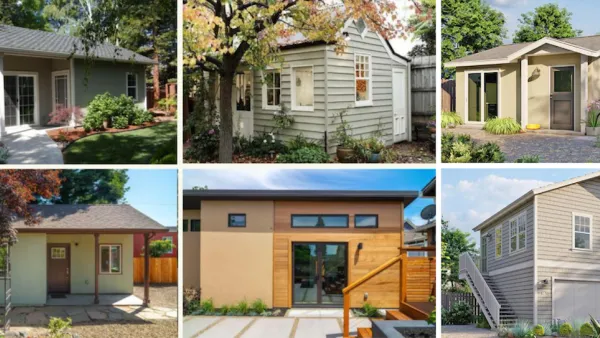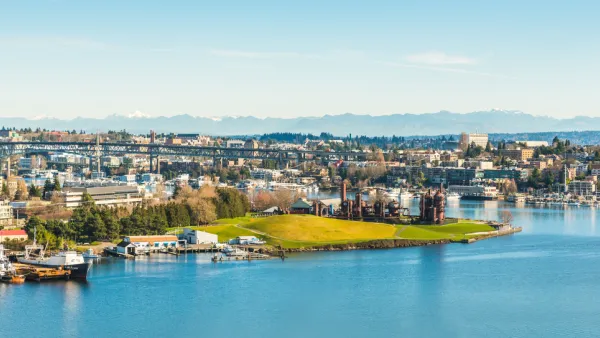One resident argues that adding a unit for long-term rental is too expensive and difficult, especially when compared to the city’s ‘super easy’ process for permitting a short-term or vacation rental.

Despite the city’s housing affordability crisis and official pledges to support increased housing production, one Seattle resident found that the process of converting his basement to an apartment for long-term renters is “painful, expensive, and risky,” unlike the “super simple” process for adding a short-term rental unit, a practice that many housing advocates blame for reducing the supply for long-term renters.
Writing on his experience in the Seattle Times, Eric Fisk notes that “For a short-term rental on your property there are no city inspections or standards for renting out your space beyond a minimal cost for registering with the city.” (According to the city’s website, some STRs, such as those that are not the owner’s primary residence or are a dedicated unit, are required to comply with the Rental Registration and Inspection Ordinance). However, adding an Attached Accessory Dwelling Unit (AADU) for long-term rental is trickier. For example, “One critical rule is that you cannot put tenants in a finished garage space if you are in a single-family zone, even if removing that parking would create new on-street parking in front of your driveway.”
According to Fisk, this has led to a huge imbalance in short-term and long-term rentals in Seattle, with only around 1,000 AADUs built since the city passed its Housing Affordability and Livability Agenda in 2016.
Fisk suggests several ways to remedy the situation, including closing the regulatory gap, waiving parking requirements for certain single-family homes, eliminating permitting fees, and providing more resources to homeowners who want to convert parts of their homes to AADUs.
FULL STORY: If Seattle cares about affordability, why does it make it so hard to add basement apartments?

Analysis: Cybertruck Fatality Rate Far Exceeds That of Ford Pinto
The Tesla Cybertruck was recalled seven times last year.

National Parks Layoffs Will Cause Communities to Lose Billions
Thousands of essential park workers were laid off this week, just before the busy spring break season.

Retro-silient?: America’s First “Eco-burb,” The Woodlands Turns 50
A master-planned community north of Houston offers lessons on green infrastructure and resilient design, but falls short of its founder’s lofty affordability and walkability goals.

Test News Post 1
This is a summary

Analysis: Cybertruck Fatality Rate Far Exceeds That of Ford Pinto
The Tesla Cybertruck was recalled seven times last year.

Test News Headline 46
Test for the image on the front page.
Urban Design for Planners 1: Software Tools
This six-course series explores essential urban design concepts using open source software and equips planners with the tools they need to participate fully in the urban design process.
Planning for Universal Design
Learn the tools for implementing Universal Design in planning regulations.
EMC Planning Group, Inc.
Planetizen
Planetizen
Mpact (formerly Rail~Volution)
Great Falls Development Authority, Inc.
HUDs Office of Policy Development and Research
NYU Wagner Graduate School of Public Service




























